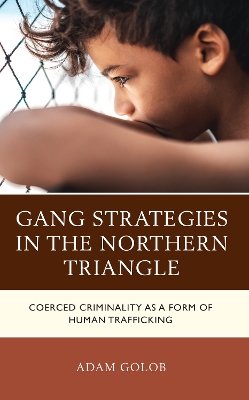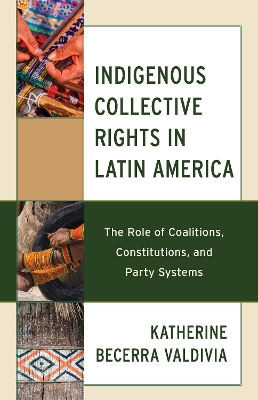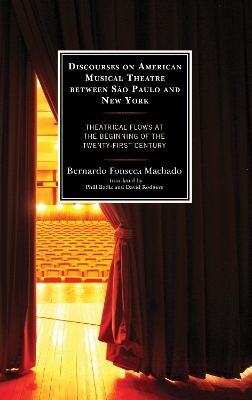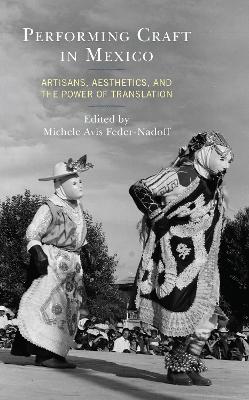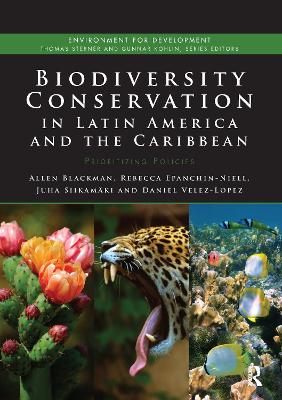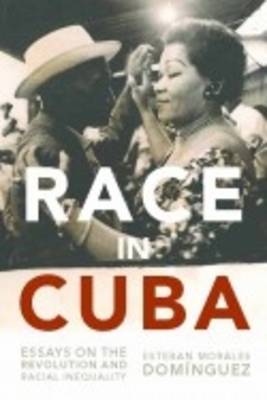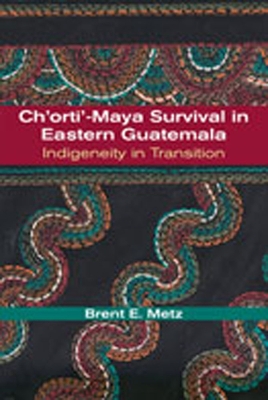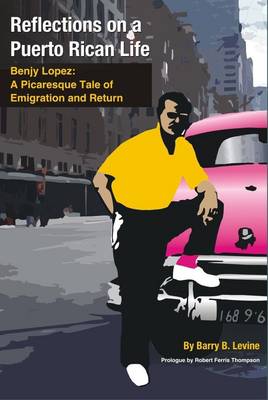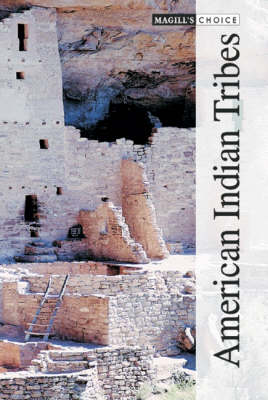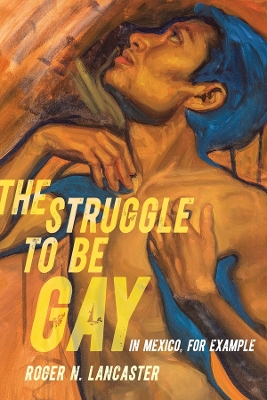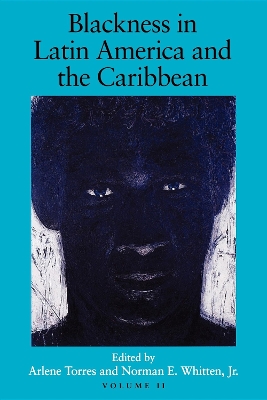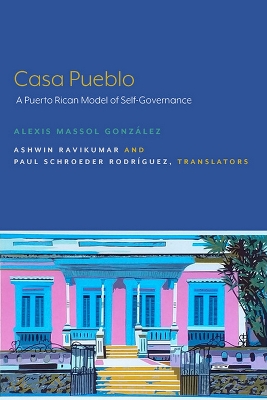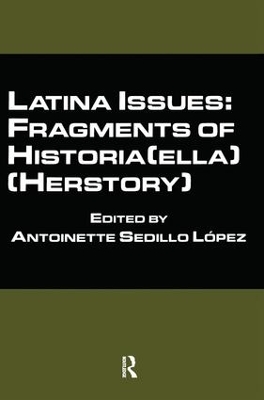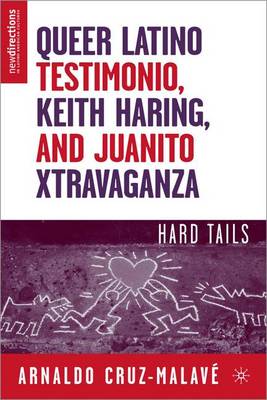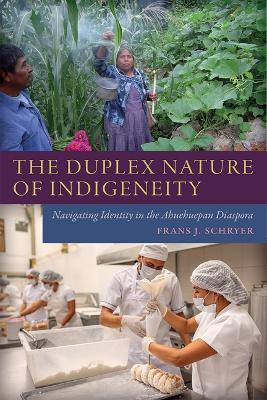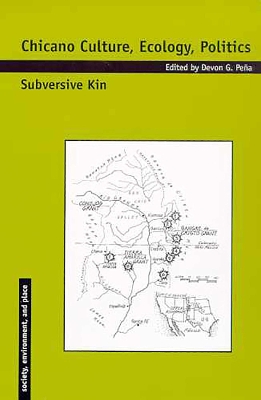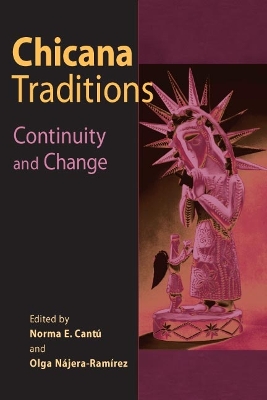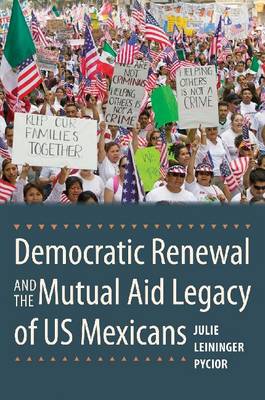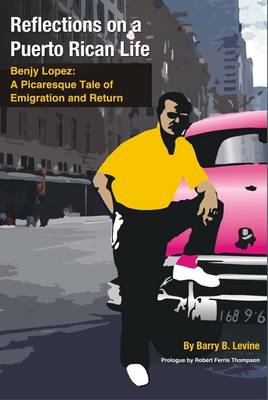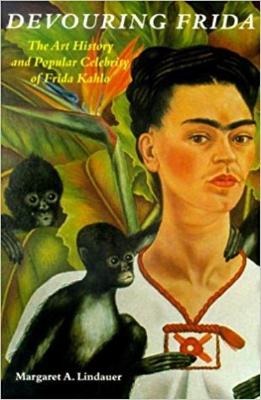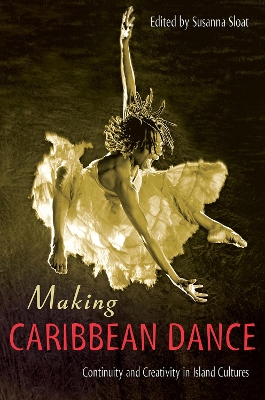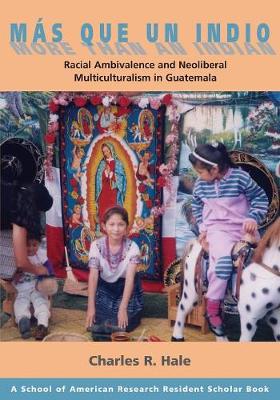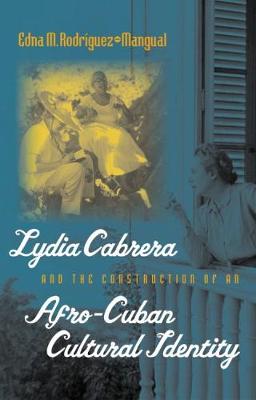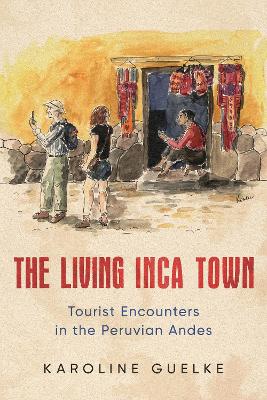Gang Strategies in the Northern Triangle: Coerced Criminality as a Form of Human Trafficking argues for a more robust understanding of the issues, dynamics, and contextual factors of human trafficking. Relying on the definition as established by the Palermo Protocol more than two decades ago, this book takes a hard look at the strategies and results of gang “recruitment” in the Northern Triangle countries as a particular and understudied form of human trafficking—gang trafficking. It offers a le...
Indigenous Collective Rights in Latin America
by Katherine Becerra Valdivia
Latin America is a region with high levels of recognition for indigenous collective rights. Still, legal protections differ considerably among the countries. Why do some countries in Latin America have a strong recognition of collective rights for indigenous people while others do not? What are the factors that help enhance the presence of collective rights? The author argues that while indigenous social movements are crucial to the protection of indigenous rights, they are not enough. The recog...
Discourses on American Musical Theatre between São Paulo and New York
by Bernardo Fonseca Machado
In this book, Bernardo Fonseca Machado examines the transnationalization of American Broadway and the resulting cultural exchanges between New York and São Paulo at the turn of the twenty-first century. Machado combines ethnography and history to track the complexities of discourses, imaginaries, and economic interests within the flow of musical people, capital, practices, pedagogies, and shows between these two cities.
Performing Craft in Mexico
This book examines how Mexican artisans and artistic actors participate in translations of aesthetics, politics, and history through the field of craft. The contributors build from historical and ethnographic archives and direct engagement with makers to reassemble an expanded vision of artisanal production in Mexico and the complicated classifications that surround Mexican popular art-making—from the American “craft” to the Spanish “artesanía.” This book also homages Dr. Janet Brody Esser’s res...
Latin America and the Caribbean (LAC) region is exceptionally biodiverse. It contains about half of the world’s remaining tropical forests, nearly one-fifth of its coastal habitats, and some of its most productive agricultural and marine areas. But agriculture, fishing and other human activities linked to rapid population and economic growth increasingly threaten that biodiversity. Moreover, poverty, weak regulatory capacity, and limited political will hamper conservation. Given this dilemma,...
As a young militant in the 26th of July Movement, Esteban Morales Dominguez participated in the overthrow of the Batista regime and the triumph of the Cuban Revolution. The revolutionaries, he understood, sought to establish a more just and egalitarian society. But Morales Dominguez, an Afro-Cuban, knew that the complicated question of race could not be ignored, or simply willed away in a post-revolutionary context. Today, he is one of Cuba's most prominent Afro-Cuban intellectuals and its leadi...
Scholars and Guatemalans have characterised eastern Guatemala as 'Ladino' or non-Indian. The Ch'orti' do not exhibit the obvious indigenous markers found among the Mayas of western Guatemala, Chiapas, and the Yucatan Peninsula of Mexico. Few still speak Ch'orti', most no longer wear distinctive dress, and most community organizations have long been abandoned. During the colonial period, the Ch'orti' region was adjacent to relatively vibrant economic regions of Central America that included major...
Hailed as a 'masterpiece' in ""NewsWeek"" magazine by Yale art historian Robert Ferris Thompson, the life history of Benjy Lopez is now available in an expanded edition which includes Benjy Lopez' return and life in Puerto Rico as a successful businessman. This engaging autobiographical account is a pioneering vision exposing the half-truth that the typical experience of the ordinary Puerto Rican, particularly of the Puerto Rican transposed to New York City, is exclusively defined by privation,...
American Indian Tribes (Magill's Choice)
This title focuses on the North American Indian tribes. Major Mesoamerican groups such as the Aztec, Maya, and Toltec are also included. Topics covered include: festivals and pow-wows, populations of US reservations, organizations, agencies, societies and a list of tribes by culture area.
Being gay is not a given. Through a rigorous ethnographic inquiry into the material foundations of sexual identity, The Struggle to Be Gay makes a compelling argument for the centrality of social class in gay life—in Mexico, for example, and by extension in other places as well. Known for his writings on the construction of sexual identities, anthropologist and cultural studies scholar Roger N. Lancaster ponders four decades of visits to Mexican cities. In a brisk series of reflections combi...
Blackness in Latin America and the Caribbean, Volume 2
If we are to understand the meanings of "blackness" in the African diaspora and elsewhere, we must critically examine the paradigms that have emerged from Euro-American racism and black liberation over the past five centuries. So argue the editors of these foundational volumes, which add immeasurably to our understanding of black experiences in Central America, South America, and the Caribbean. In their introduction to this extensive collection, the editors discuss historical forces and provid...
This book attempts to make Latina history visible and Latina voices heard. It focuses solely on women – not to marginalize Latina stories but to showcase them, illustrating Latina perspectives on colonization, gender, race, and class.
Queer Latino Testimonio, Keith Haring, and Juanito Xtravaganza (New Directions in Latino American Cultures)
by A. Cruz-Malave
In the tradition of the Latin American testimonio, this is the story of Juan Rivera, a.k.a. Juanito Xtravaganza, a Latino runaway youth who ends up homeless in the streets of New York in the late 70s and becomes partner of the internationally famous 1980s Pop artist Keith Haring during some of the most frenetically productive years of his brief life, as told to the author and retold by him. A hybrid text - part testimonio, part linguistic and cultural analysis, and part art criticism - this is a...
Chicano Culture, Ecology, Politics (Society, Environment, and Place)
by Devon G. Pena
Chicana Traditions
Chicana Traditions features essays from professionals engaged with a broad and ever-expanding Chicana expressive culture. Professors and students, performing artists and folklorists, and archivists and activists merge personal experience with formal discussion to share fascinating inside stories. The topics include a professional woman mariachi performer; the creation and evolution of the escaramuza charra (all-female precision riding team) within the male-dominated Mexican rodeo; the ranchera m...
Democratic Renewal and the Mutual Aid Legacy of US Mexicans
by Julie Leininger Pycior
The legacy of the historic mutual aid organizing by US Mexicans, with its emphasis on self-help and community solidarity, continues to inform Mexican American activism and subtly influence a number of major US social movements. In Democratic Renewal and the Mutual Aid Legacy of US Mexicans, Julie Leininger Pycior traces the early origins of organizing in the decades following the US-Mexican War, when Mexicans in the Southwest established mutualista associations for their protection. Further, she...
Hailed as a 'masterpiece' in ""NewsWeek"" magazine by Yale art historian Robert Ferris Thompson, the life history of Benjy Lopez is now available in an expanded edition which includes Benjy Lopez' return and life in Puerto Rico as a successful businessman. This engaging autobiographical account is a pioneering vision exposing the half-truth that the typical experience of the ordinary Puerto Rican, particularly of the Puerto Rican transposed to New York City, is exclusively defined by privation,...
Beginning in the late 1970's Frida Kahlo achieved cult heroine status less for her richly surrealist self-portraits than by the popularization of the events of her tumultuous life. Her images were splashed across billboards magazine ads, and postcards; fashion designers copied the so-called "Frida" look in hairstyles and dress; and "Fridamania" even extended to T-shirts, jewelry, and nail polish. Margaret A. Lindauer argues that this mass market assimilation of Kahlo's identity has consistently...
Making Caribbean Dance
Susanna Sloat has done it again. Following on the heels of the success of Caribbean Dance from Abakua to Zouk, Sloat's new interdisciplinary collection extends the reach of dance scholarship to command the attention of all genres of forward-thinking students of the Caribbean."--Joan Frosch, University of Florida "Vivid portraits of important, rarely described corners of the Caribbean, revealed through voices both poetic and analytic."--Catherine Evleshin, Portland State University Caribbean da...
Mas que un indio: "More than an Indian." Two decades ago, the phrase expressed a common-sense prescription for upward mobility in a racist society: to better themselves, Indians had to abandon their culture and identity. Ironically, today it captures the predicament of ladinos, members of Guatemala's dominant culture. In the 1990s, Maya people organized in diverse ways to challenge racism and achieve basic rights.They achieved a broad recognition of their cultural rights during the same time tha...
Lydia Cabrera and the Construction of an Afro-Cuban Cultural Identity (Envisioning Cuba)
by Edna M. Rodriguez-Plate
Lydia Cabrera (1900-1991), an upper-class white Cuban intellectual, spent many years traveling through Cuba collecting oral histories, stories, and music from Cubans of African descent. Her work is commonly viewed as an extension of the work of her famous brother-in-law, Cuban anthropologist Fernando Ortiz, who initiated the study of Afro-Cubans and the concept of transculturation. Here, Edna Rodriguez-Mangual challenges this perspective, proposing that Cabrera's work offers an alternative to th...
The Living Inca Town (Teaching Culture: UTP Ethnographies for the Classroom)
by Karoline Guelke
The Living Inca Town presents a rich case study of tourism in Ollantaytambo, a rapidly developing destination in the southern Peruvian Andes and the starting point for many popular treks to Machu Picchu. Tourism is generally welcomed in Ollantaytambo, as it provides a steady stream of work for local businesses, particularly those run by women. However, the obvious material inequalities between locals and tourists affect many interactions and have contributed to conflict and aggression throughout...
